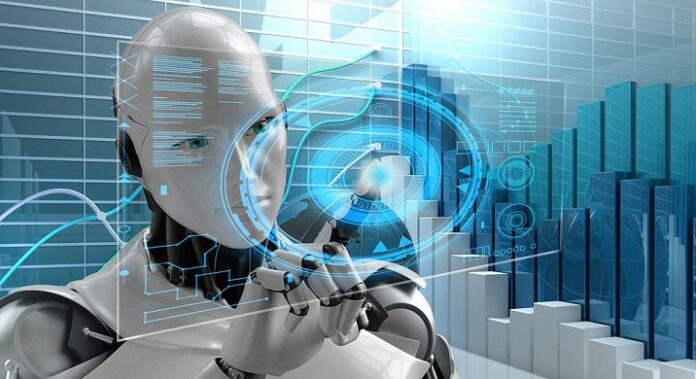Artificial intelligence (AI) and deep learning are two of the most transformative technologies of our time. They are changing the way we work and live, and they are poised to have an even greater impact in the future. In this article, we will explore the basics of AI and deep learning, their current applications, and their potential to transform our lives in the future.
What is Artificial Intelligence?
Artificial intelligence (AI) refers to the ability of machines to perform tasks that typically require human intelligence, such as visual perception, speech recognition, decision-making, and language translation. AI algorithms use statistical analysis and machine learning to learn from data and improve performance over time.
What is Deep Learning?
Deep learning is a subset of AI that uses artificial neural networks (ANNs) to simulate the way the human brain works. ANNs are composed of layers of interconnected nodes that process information and make decisions based on patterns in the data. Deep learning algorithms can analyze vast amounts of data and identify complex patterns that are difficult for humans to detect.
Current Applications of AI and Deep Learning
AI and deep learning are already having a significant impact on many industries, including healthcare, finance, and transportation. Here are a few examples:
1. Healthcare: AI and deep learning algorithms are being used to analyze medical images and identify patterns that can help diagnose diseases like cancer and Alzheimer’s.
2. Finance: AI and deep learning algorithms are being used to analyze financial data and identify trends that can help investors make better decisions.
3. Transportation: AI and deep learning algorithms are being used to develop self-driving cars that can navigate roads and avoid obstacles.
4. Robotics: AI and deep learning algorithms are being used to develop robots that can perform complex tasks in manufacturing, agriculture, and other industries.
5. Natural Language Processing: AI and deep learning algorithms are being used to develop virtual assistants and chatbots that can interact with people in a more natural and intuitive way.
Future Applications of AI and Deep Learning
While AI and deep learning are already making a significant impact, their potential for the future is even greater. Here are a few examples of how these technologies could transform our lives in the future:
1. Personalized Medicine: AI and deep learning algorithms could be used to analyze a person’s genetic data and develop personalized treatment plans based on their individual needs.
2. Smart Homes: AI and deep learning algorithms could be used to develop smart homes that can learn a person’s preferences and adjust lighting, temperature, and other settings accordingly.
3. Virtual Assistants: AI and deep learning algorithms could be used to develop virtual assistants that can interact with people in a more natural and intuitive way.
4. Climate Change: AI and deep learning algorithms could be used to analyze climate data and develop more accurate climate models to help mitigate the effects of climate change.
5. Education: AI and deep learning algorithms could be used to develop personalized learning programs that adapt to a student’s learning style and pace.
Challenges and Ethical Considerations
While the potential of AI and deep learning is vast, there are also significant challenges and ethical considerations to consider. One challenge is the potential for bias in algorithms that are trained on biased data. This can lead to discriminatory outcomes in areas such as hiring, lending, and criminal justice.
Another challenge is the potential for job displacement as machines become more capable of performing tasks that were previously done by humans. This could lead to significant social and economic disruptions if not managed properly.
Finally, there are ethical considerations around the use of AI and deep learning in areas such as surveillance, privacy, and military applications. It is important to consider these issues as these technologies continue to develop.
Conclusion
Artificial intelligence and deep learning are transforming the way we work and live, and their impact will only continue to grow in the future. From healthcare to transportation to smart homes, these technologies have the potential to revolutionize many aspects of our lives. However, it is important to consider the ethical and social implications of these technologies as they continue to develop.
Sources:
1. “What is AI?” – MIT Technology Review – https://www.technologyreview.com/what-is-artificial-intelligence/
2. “What is deep learning?” – IBM – https://www.ibm.com/cloud/learn/deep-learning
3. “How AI is changing healthcare” – Forbes – https://www.forbes.com/sites/forbestechcouncil/2021/02/03/how-ai-is-changing-healthcare/?sh=34d89d2b2f99
4. “The Future of Smart Homes: AI and Deep Learning” – IoT For All – https://www.iotforall.com/the-future-of-smart-homes-ai-and-deep-learning/
5. “The Future of Virtual Assistants: AI and Deep Learning” – Medium – https://medium.com/voice-tech-podcast/the-future-of-virtual-assistants-ai-and-deep-learning-7a187b1c8b04



